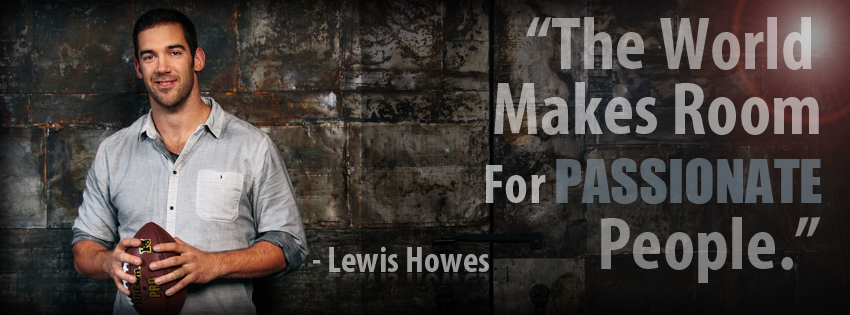“Until now African healthcare has depended heavily on international aid organizations that are not unified in their approach to creating sustainable innovation that can solve healthcare problems. I believe that local entrepreneurs, who until now have been left out of the equation, are the trigger that can leapfrog the system. We intend to prove that through collaboration with the world’s leaders and local stakeholders, it’s possible to structure a innovative, sustainable healthcare system. ” -Aurora Chiste, CEO Hack For Big Choices
The program is designed to empower entrepreneurs and medical professionals to use their first hand experience and talents to match business opportunities in the healthcare space. There will be a major healthcare hackathon in June 24-26th 2016 to launch new businesses, followed by an accelerator program.
- 61.7% of deaths in Africa are mostly preventable (infectious disease, maternal, neonatal, and nutrition conditions) By contrast, these conditions account for only 23% of deaths worldwide
- 70% of all people living with HIV are in Sub-Saharan Africa.
- Only 50% of people have access to modern health facilities.
- Africa carries the burden of 25% of global disease yet makes up only 2% of the global physician workforce.
- Westernized lifestyle and increased life expectancy in Africa is causing an increase of chronic diseases (cardiovascular diseases, cancer, and diabetes) that by 2030 will account for 42% of all deaths in the region.
Health challenges in Africa may continue to worsen due to inadequate systems for prevention and care. As the population of Africa continues to boom, solving the healthcare crisis is imperative.
“Participating in the Healthcare Hackathon in Ghana will enable us to use our expertise in supporting entrepreneurs to turn their ideas into reality. The project offers us the opportunity to help develop solutions to problems that are faced not only by people in the region, but in countries all over the world.” Michael Gamber, Merck Innovation Center
Why will this be successful?
- African entrepreneurs are the ones who experience the world’s toughest issues first hand, don’t fear failure, have a deep understanding of their culture, and their perspectives are fresh.
- Because there’s no established and dated infrastructure as in the EU and the US, new technologies can be directly adopted, reducing costs and time.
- There is an economic opportunity in investing in successful cases of African innovation that can be adopted by other developing countries and the developed world.
“We decided to organize this program because many of us forget that people are suffering everyday…People are dying from malnutrition, dying from drinking unclean water, dying of curable diseases, and dying because there are no doctors or hospital near to them. We staunchly reject the notion that there is nothing that can be done to solve these problems, and that people around the world don’t care to make a difference. “ –John Paul Parmigiani, CEO Impact Hub Accra
“When we challenge the most motivated and fearless people to tackle these problems with few resources, we have real innovation that can be adopted not only in Africa but also by developed countries, because the solutions are more scalable and affordable ” – Aurora Chiste, CEO Hack For Big Choices
Multi-stakeholders collaborations are necessary to address complex challenges. Over the coming months we will be scouting organizations, institutions, Universities, NGOs and private companies that can bring funding, knowledge, expertise and technologies that can add value to and catalyze the healthcare system in Africa.
Link:
- People can already sign up to be invited to the events and selected for the hackathon here: http://ic4a.org
- For Sponsorship Opportunities contact [email protected]
Founded in 2007, Ladybrille® Magazine is a California based pioneer digital publication demystifying the image of Africans in the west through contemporary African fashion and celebrating the brilliant woman in business and leadership, with an emphasis on the African woman in the diaspora. Our coverage includes stories on capital, access to markets, expertise, hiring and retention, sales, marketing, and promotions.





